Captured Then Released, Ukrainian Soldiers Return To Front
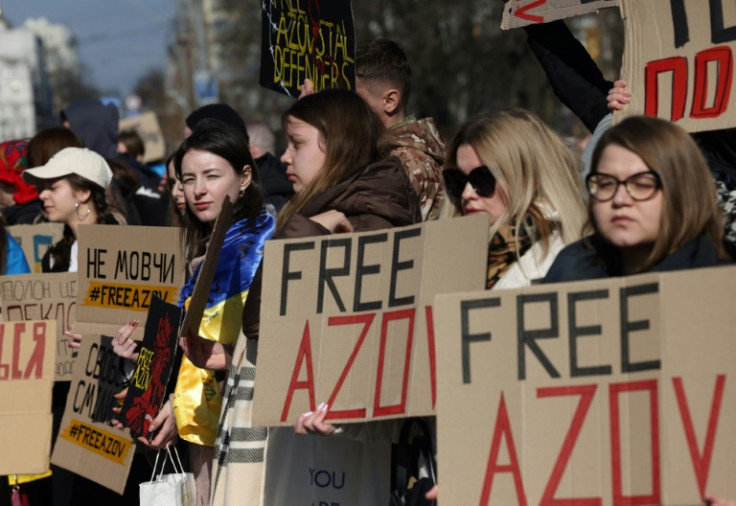
Yuri Feniuk's relatives pleaded with him not to return to the front line in eastern Ukraine when he finally made it home, demoralised and weakened, after nearly one year in Russian captivity.
The 34-year-old Ukrainian serviceman from the Azov regiment had already given eight years of his life to the military before being wounded and captured in Mariupol, one of the fiercest battles of Russia's war.
Did he really need to return to combat?
"Obviously no-one wanted me to come back, at the very least because I had already been injured and through captivity," he told AFP, in the war-battered frontline town of Lyman, with blasts of artillery echoing nearby.
"But it's my decision. I'm a grown man. And people still do not understand that inaction will only lead to one thing."
He said the brutal fighting for his country's survival would only grind on, and he felt he had no other choice while young soldiers were dying and his war-time credentials could help save civilian lives.
"We have to keep going because it's not going to end that easily," he added, dismissing the idea that Russia would capitulate or enter into negotiations to end the war, now entering its third year.
Feniuk's testimony points to the drive among many Ukrainian soldiers to keep fighting even after two long years of war and at a perilous moment for Ukraine, which is losing ground due to critical ammunition and manpower shortages.
His motivation was echoed in around a dozen recent interviews given to AFP by Ukrainian troops in the war-battered eastern region of Donetsk.
The Kremlin claims that Donetsk territory is a part of Russia and its troops are steadily gaining ground in the region.
Feniuk was captured in Donetsk in May 2022 along with some 2,439 Ukrainian servicemen -- including from the Azov regiment.
They were seized in the port city of Mariupol, where Ukraine made a last stand against Russian attacks in the Azovstal metal works.
The Ukrainian force has said that following several prisoner exchanges around 900 of its fighters captured in Mariupol remain in Russian captivity.
It declined to say how many of those returned by Moscow, like Feniuk, have gone back to the front, fearing those figures could hamper further exchanges.
Svyatoslav Siryi, 28, was also taken by Russian forces when Ukrainian President Volodymyr Zelensky ordered the servicemen camped out in bunkers under Azovstal to halt fighting.
"The feeling was terrible. First and foremost, it's a feeling of shame," he told AFP.
He recounted chaotic battles against Russian forces with overwhelming manpower and firepower that left him wounded, with shrapnel in his legs.
"And in the end -- after all this hell -- you have to surrender to the worst enemy in the world and one of the most cruel. Your fate and your life depends 100-percent on your cruel enemy," he added.
Both men described harrowing mistreatment in captivity, including routine beatings.
Feniuk said one of his cellmates died and that prison guards had ordered him to remove from his arm an Azov-linked tattoo, which he erased by scraping at it with glass shards.
Both men were held in the notorious Olenivka prison in the occupied Donetsk region, which was struck by shelling in July 2022 that left dozens of prisoners dead. Kyiv and Moscow blamed each other for the attack.
The Russian embassy in London said Azov fighters killed in Olenivka "deserve a humiliating death".
But for Siryi, also from the Azov battalion, the decision to go back to the front was inevitable, despite the horrors and fatigue of nearly one year of captivity.
"After we were released, we didn't even say a single word about it. We only talked about when to return and how to get back in line as soon as possible," he told AFP.
The newly-wed said his wife understood that either he would return to the front or she would go in his place.
"She knows me very well. My wife has the same beliefs and if I didn't leave, she would have," Siryi told AFP in Lyman.
Across eastern Ukraine stand billboards promoting recruitment for Azov, and city hall in central Kyiv is adorned with a huge banner calling for the release of those still in captivity.
Dozens of Ukrainians have gathered in central Kyiv each week holding signs and calling on authorities to push Russia to release the remaining captives.
The drive to keep fighting, both Siryi and Feniuk said, was helped by the fact that some in Azov are still suffering in Russian-run prisons.
"Absolutely every day I think about everyone I was with and hope they will be returned soon. This is an issue and burden that never leaves you," Siryi said.
"It's impossible to get away from it until all your brothers are free."
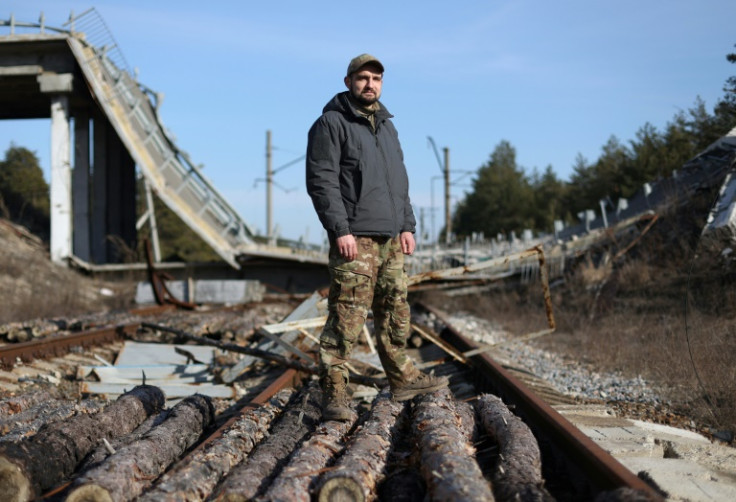
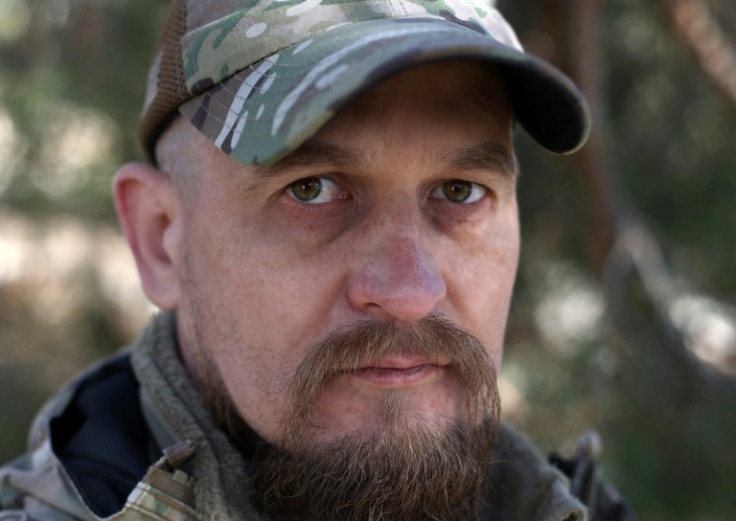
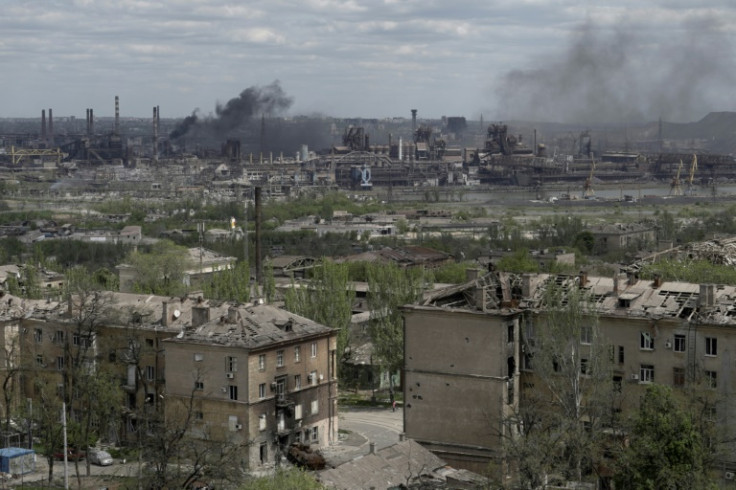
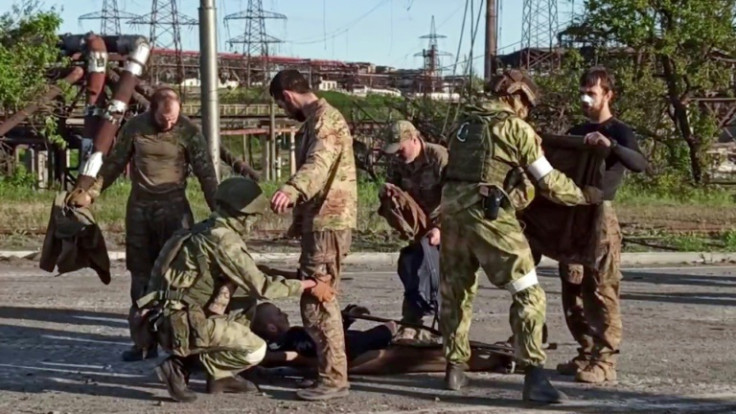
© Copyright AFP 2025. All rights reserved.





















